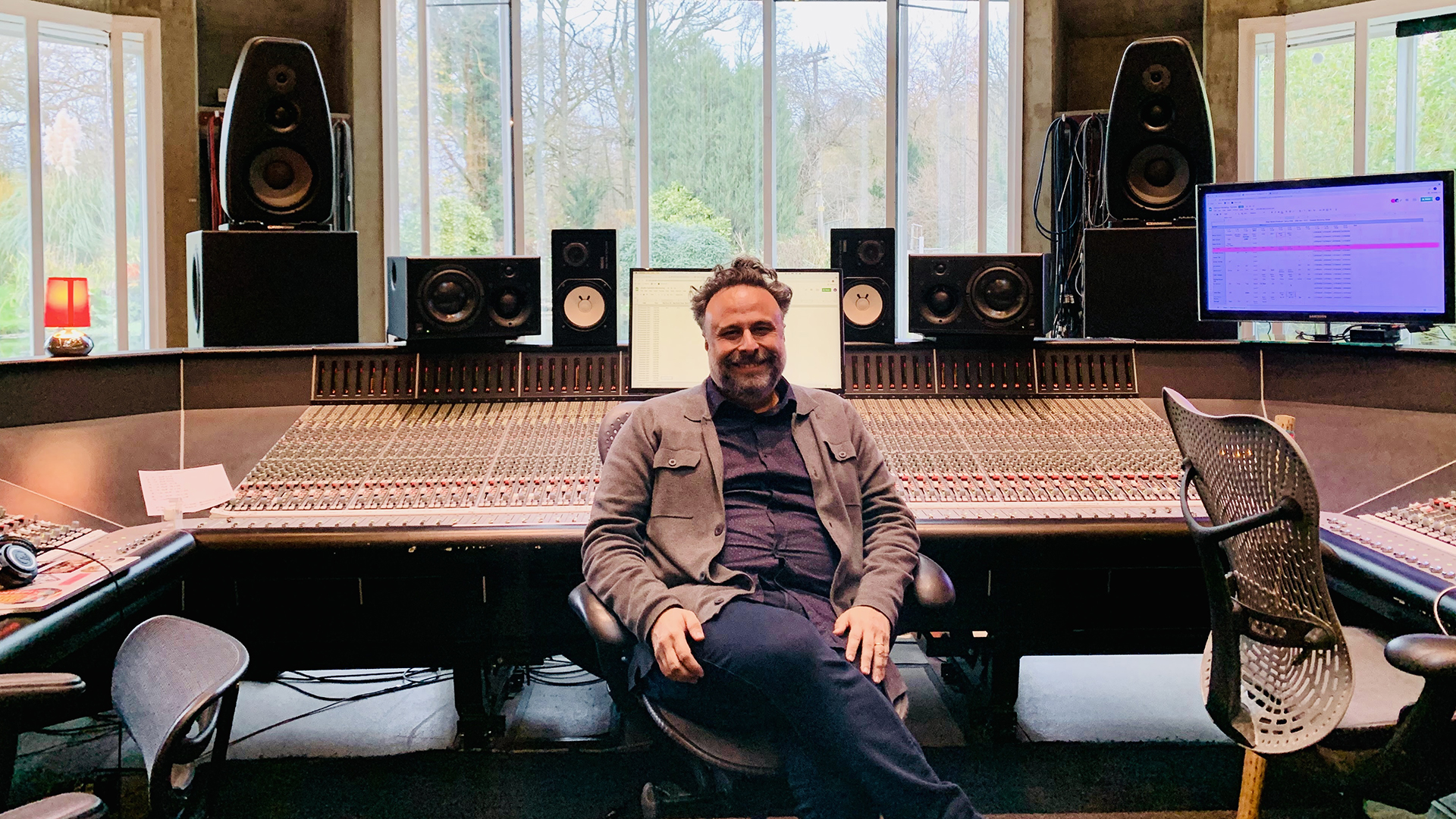At the peak of the pandemic in 2020, Madrid-based pianist and composer Fer Isella was 5,000 miles from his father, who was in intensive care back in his native Argentina. Isella, who has worked alongside Brian Eno and been recognised at the Latin GRAMMYs, turned to music to cope with the grief. He writes about how he was determined to preserve his father and transform death into life.
In the depths of grief, I discovered a profound truth: art possesses an extraordinary power to transform our world, both within and without.
When my father passed away during the pandemic, I found solace in an unexpected place – the rhythmic beeping of his final heartbeats in the hospital. He was also a musician, so I was drawn to preserve a part of him, to create something beautiful from the pain of loss.
What emerged was a composition that blended the recorded sound of his last heartbeats with my piano, allowing us to play together one last time across the boundaries of life and death. I transformed his heart into a bass kick drum while classically playing with my piano, but also slowing it down three times to play with the sense of time. It’s a concert for piano and heartbeat and I called it My Father’s Heart.
This deeply personal experience opened my eyes to the true potential of artistic expression. Art isn’t merely a form of self-expression or entertainment; it’s a potent force for healing, connection and social change. Through creativity, we can transmute our darkest moments into sources of light, bridging the gap between pain and beauty, void and refuge, trauma and resilience.
All humans can apply their creativity to transcend cultural and linguistic barriers. We speak a universal language that resonates with the human spirit. Our work can challenge preconceptions, inspire empathy and foster a sense of shared humanity on a global scale.










